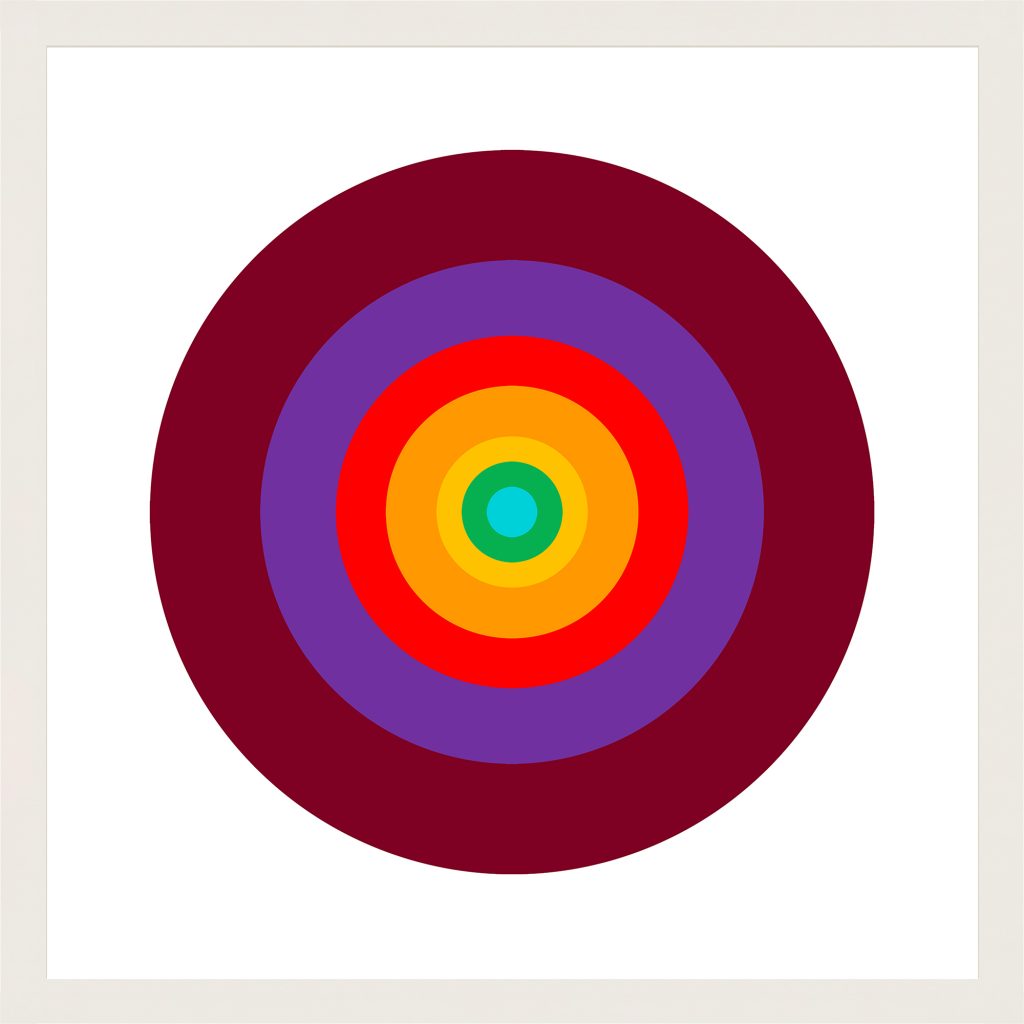These seven works are from The Smoke Collection of my series, INFERNO. This series exposes objectively measurable aspects of climate changes such as hazardous air quality, unprecedented wildfires, increasing temperatures, melting polar ice, rising sea levels, and disappearing glaciers. Although the works are abstract, they are inspired by scientific records.
The Fine Particulate Matter (PM2.5) Readings represented in the first six works were recorded in Downtown Ottawa in June 2023, when smoke from Canadian wildfires drifted across the country and around the world. (Source: Ontario Ministry of the Environment, Conservation and Parks.)
Each custom framed work measures 46 x 46 inches. Edition of 3. 2024.
UV pigment ink on clear acrylic with white acrylic backing.

<br>Air with PM2.5 concentration from 0-12 is considered Good.
<br> Air with PM2.5 concentration from 12-35 is considered Moderate.
<br> Air with PM2.5 concentration from 35-55 is considered Unhealthy for Sensitive Individuals.
<br> Air with PM2.5 concentration from 55-150 is considered Unhealthy.
<br> Air with PM2.5 concentration from 150-250 is considered Very Unhealthy.
<br> Air with PM2.5 concentration of more than 250 is considered Hazardous.


The last work, “Behind Bold Colours,” references the colour codes used to report Fine Particulate Matter (PM2.5) Readings. Overall, air quality is impacted by PM2.5 particles which are a consequence of wildfires and fossil fuel burning. These particles are the smallest and one of the most dangerous pollutants in the air. The World Health Organization uses seven colours to communicate the air quality risk associated with concentrations of PM2.5, from BLUE (meets WHO PM2.5 guideline) to MAROON (exceeds guideline by over 10 times). Behind bold colours, dark cataclysms lurk. Custom framed work measures 21.5 x 21.5 inches. Edition of 3. 2025. UV pigment ink on white acrylic.